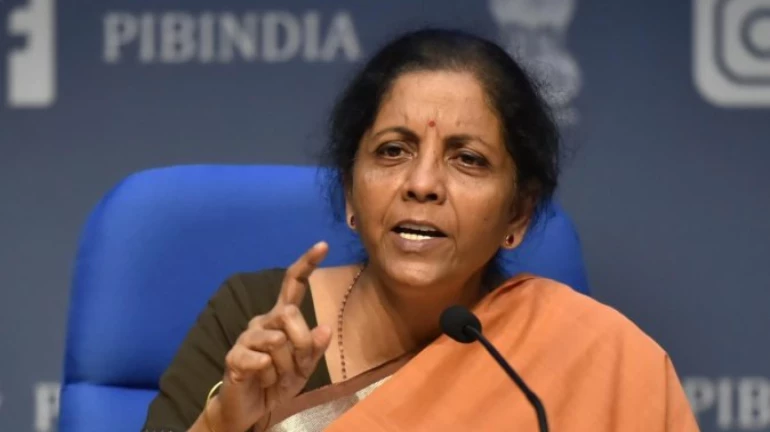The Finance Minister, Nirmala Sitharaman recently announced structural reforms in eight sectors in the fourth tranche of its economic package in the midst of the coronavirus lockdown on May 16, 2020. The reforms are touted to affect eight sectors namely - coal, defence production, minerals, civil aviation (Airports, Airspace MGMT and MRO), power distribution in UTs, space and atomic energy.
The steps include commercial mining in the coal sector, the seamless exploration-cum-mining-cum-production regime in the mineral sector, corporatisation of the ordnance factory board, overhauling of airspace management, making India an MRO hub and auctioning of airports, privatisation of power distribution in union territories along with Rs. 8,000 crores to revamp social infrastructure, private participation boost in space exploration and several reforms in the atomic sector. The reforms that are to be brought in are as follows.
- Coal sector – Commercial mining is to be introduced in the coal sector. Government is removing its monopoly in the coal sector to introduce competition and private sector participation. Coal gasification/liquefaction is also to be incentivised through rebate in the revenue share.
- Mineral sector - The government is said to introduce a seamless composite exploration-cum-mining-cum-production regime, which would set up 500 mining blocks that are to be offered through open access. The FM also announced a joint auction of bauxite and coal mineral blocks to enhance the aluminium industry, which will reduce the electricity cost. Furthermore, the distinction between captive and non-captive mines are to be removed which would allow the transfer of mineral leases and sale of surplus unused minerals.
- Defence sector – The FM Nirmala Sitharaman clearly stated that the government plans to introduce corporatization and not privatization of the ordnance factory board. This would include a ban of import on weapons that can be produced domestically, indigenisation of imported spares and separate budget provisioning for domestic procurement to reduce the Defence import bill.
- Civil aviation - The FM stated that only 60 per cent of Indian airspace is currently available. Hence, restrictions on utilisation of air space is eased to benefit about Rs 1000 crores per year. It will result in a reduction in fuel use, time and positive environmental impact. Along with this, additional six airports are in the auction, adding to six airports up for auction in PPP basis.
- Power Distribution in Union Territories – The FM further announced power distribution company in UT to be privatised. A tariff policy will be released focusing on consumer rights, promoting industry and sustainability.
- Social infrastructure – The government is touted to boost private sector investment in social infrastructure through revamped viability gap funding scheme. The government will enhance the quantum of viability gap funding up to 30 per cent each of total project cost as VGF aby Centre and states.
- Space - Indian private sector will be allowed into the space industry to provide a level playing field for private companies in satellites, launches and space-based services. Private sectors will be further allowed to use ISRO facilities.
- Atomic Energy - The Government is touted to establish research reactor in PPP mode for the production of medical isotopes. Furthermore, facilities in PPP mode is to use irradiation technology for food preservation.






